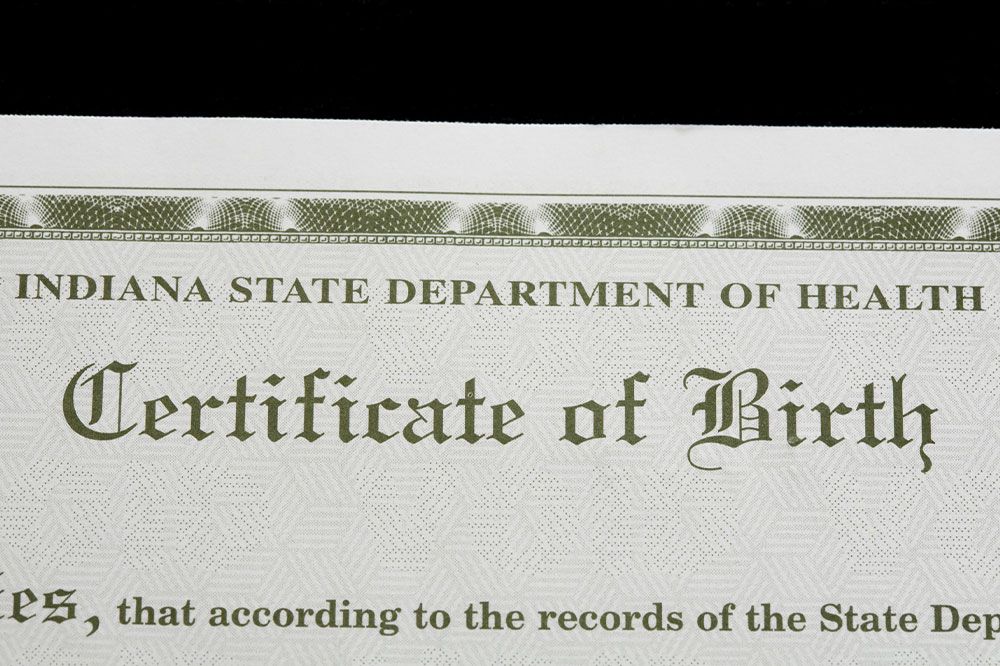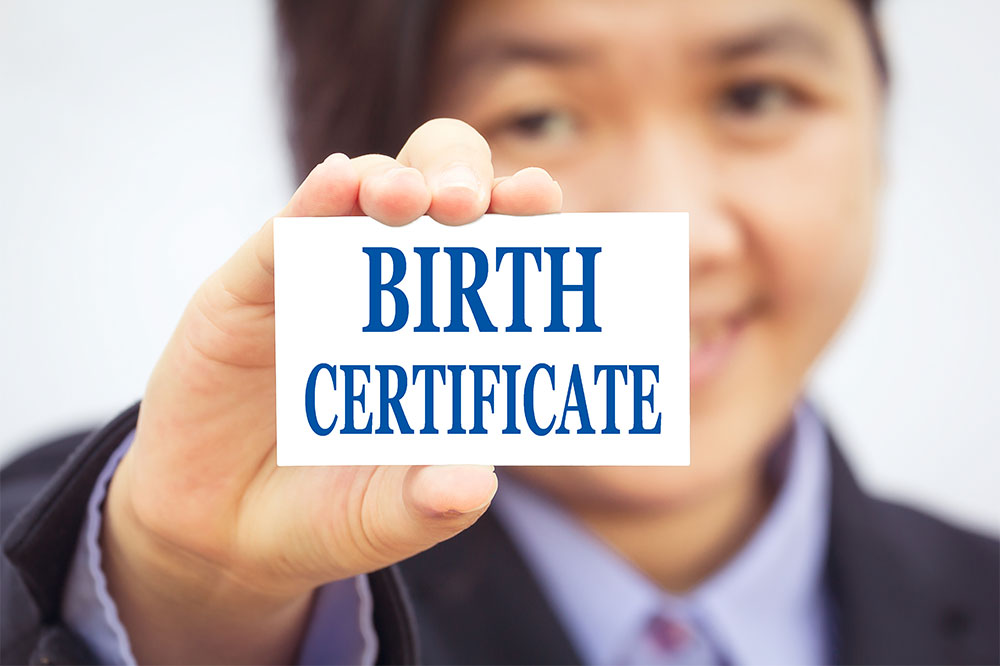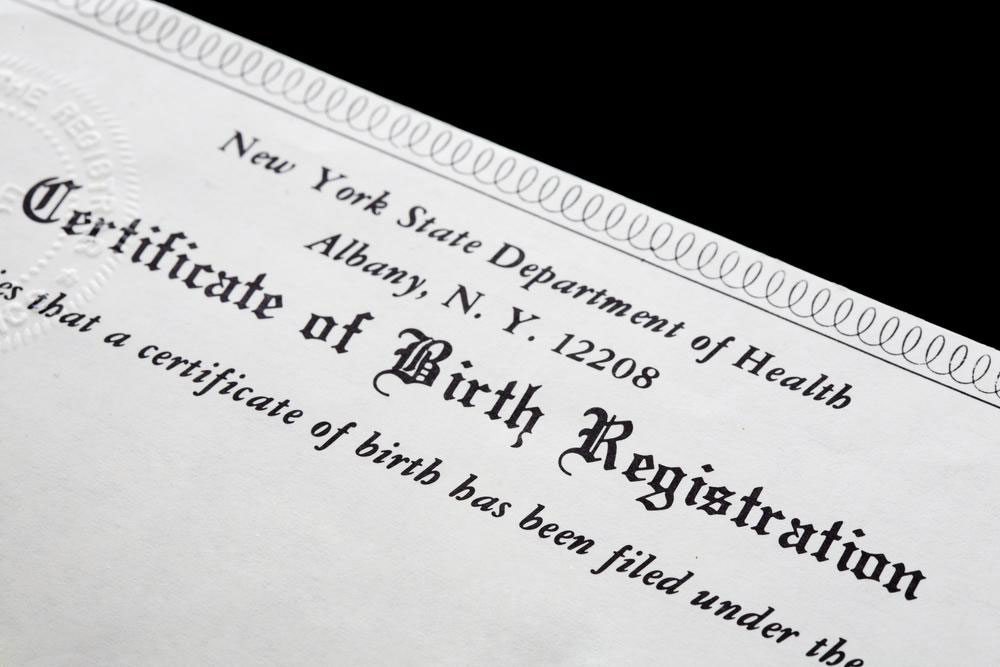Comprehensive Guide to Accessing and Understanding Birth Certificates
This comprehensive guide explains how to access, verify, and understand birth certificates using online government portals. It highlights the importance of timely registration, required documents, and the benefits of having an official birth record, making the process more accessible and straightforward for everyone.

Comprehensive Guide to Accessing and Understanding Birth Certificates
A birth certificate is an essential document that serves as the official record of a person's birth. It verifies identity, confirms age, and records critical details including the date and location of birth, parentage, and sometimes the signatures of medical professionals involved at the time of birth. This vital document is fundamental for establishing legal identity and is often required for various legal, social, and administrative processes.
How to Access and Locate Birth Records?
Obtaining or verifying a birth certificate has become more streamlined thanks to digital advancements. By following these simple steps, you can easily access official birth records online:
Step 1: Navigate to the official government or municipal portal dedicated to vital records services in your jurisdiction.
Step 2: Search for the online birth record system or database provided on the website.
Step 3: Input essential personal details including full name, date of birth, mother's name, and gender to initiate the search.
Step 4: After successful verification, you can download, print, or request a certified copy of the birth certificate.
This online process grants immediate access to digitized birth records. It is important to note that only records entered into the official digital registry after proper verification are available through these online services.
Using these digital resources, individuals can locate, confirm, and obtain a copy of their birth certificates without visiting government offices physically. Some fields, like the mother's name, are mandatory for searching, but additional details such as the father's name may also be displayed if registered. These services are typically provided at no cost, making them accessible and convenient for the public.
To apply for a birth certificate, certain documents are usually required. These include the original birth registration record, parents’ official birth certificates, marriage certificates, proof of birth, and parental identification documents. The process emphasizes timely registration; in many places, birth must be registered within 21 days of birth. If registration is delayed beyond this period, additional procedures such as affidavits or court orders might be needed, often with associated fees for late registration.
Registering a birth is not only a legal requirement but also confers important benefits. A birth certificate acts as primary proof of identity and age, enabling access to essential services such as voting, employment, healthcare, travel (passport application), social welfare programs, and legal claims related to property and immigration.
Common questions related to birth certificates include whether registration is compulsory, the distinctions between standard and long-form certificates, and how to locate records online. Generally, registration is mandatory to attain legal recognition, and the long-form version provides more detailed information, beneficial for legal or personal reasons.
Overall, birth registration marks the first step towards citizenship and societal participation. With the advent of e-governance initiatives worldwide, obtaining and verifying birth certificates has become more efficient, transparent, and accessible than ever before, helping individuals and families secure their legal identities without unnecessary hurdles.




